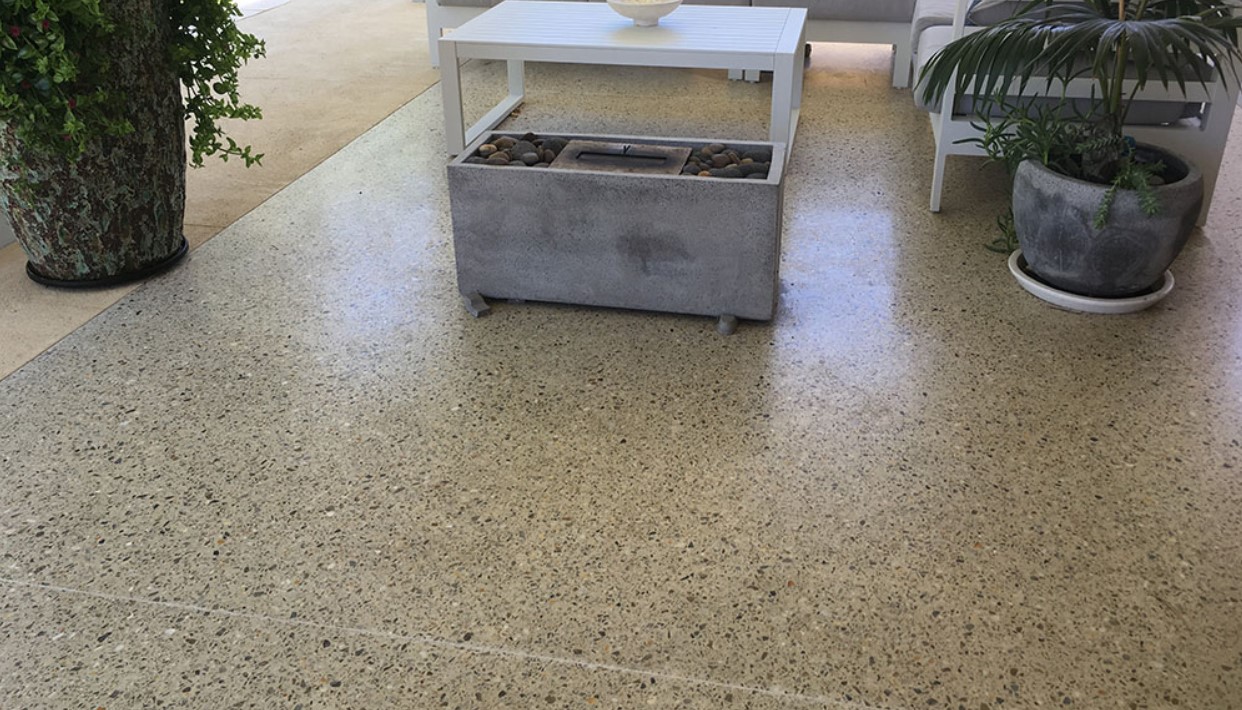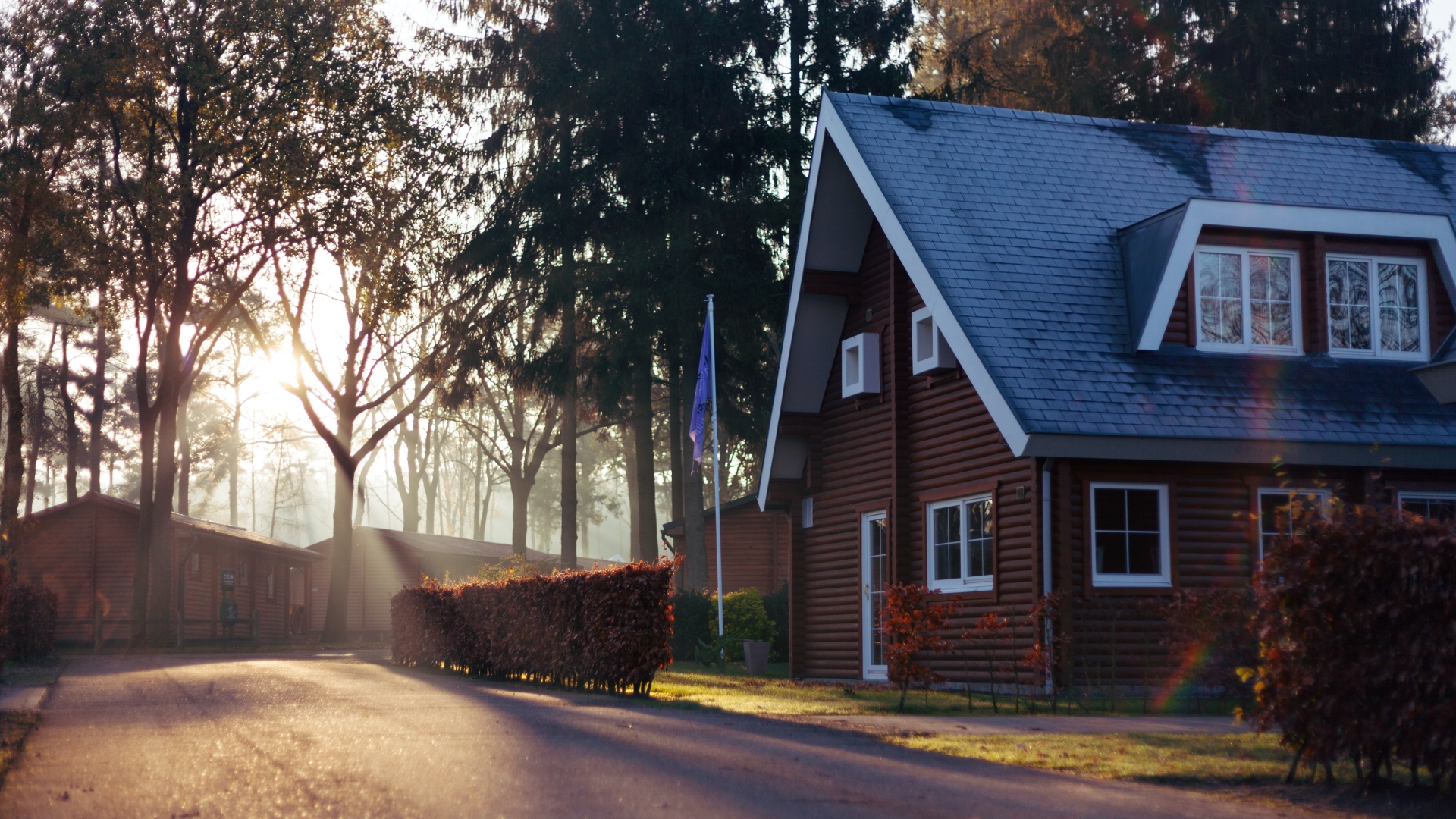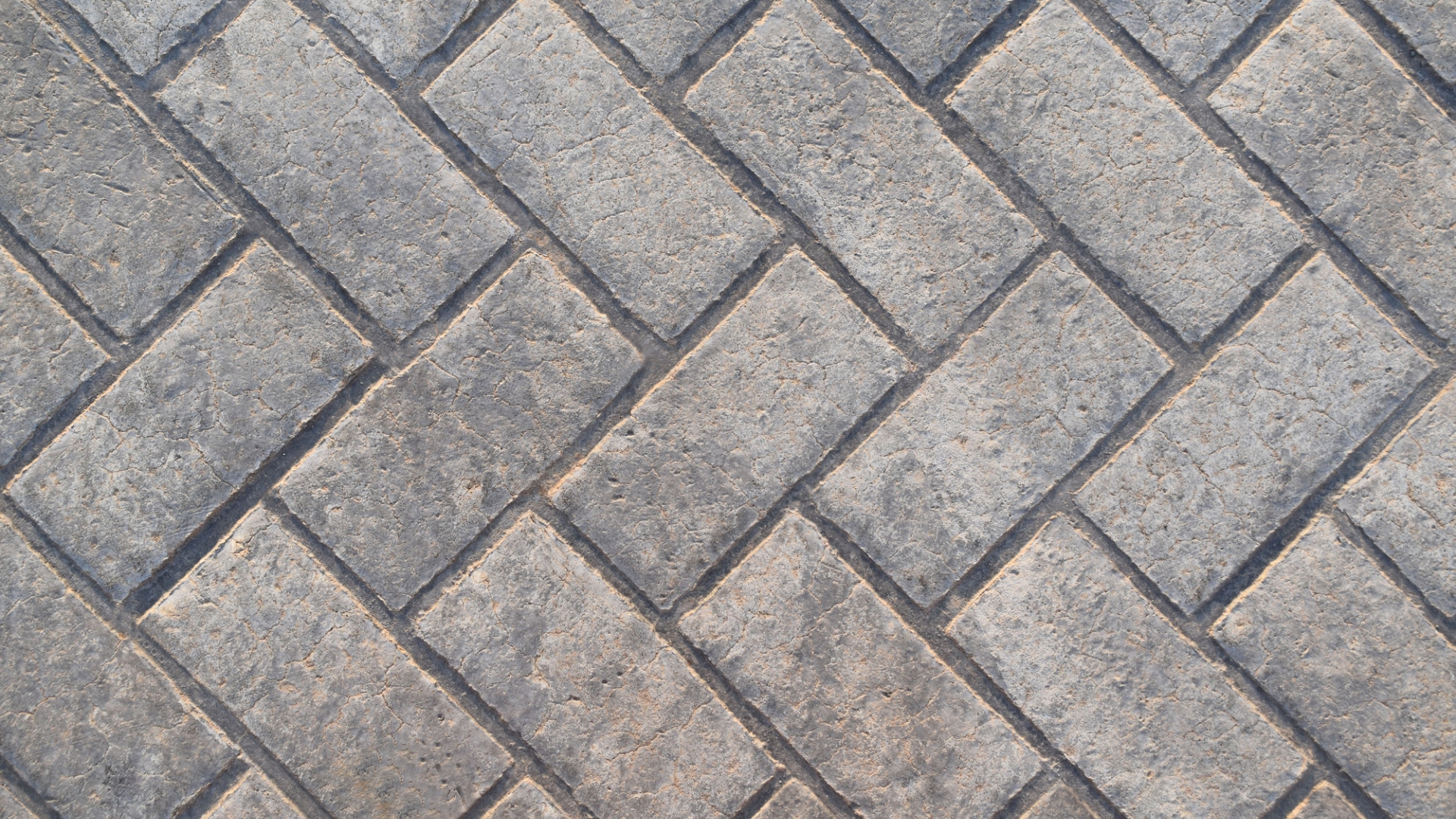Honed concrete, a popular choice in modern building projects, displays a versatility and durability that match its aesthetic appeal. The contrast between honed concrete and polished concrete, this unique kind of concrete, which has undergone the honing process, presents numerous benefits to construction, making it a superior choice over other materials. Exploring the benefits of honed concrete in construction, it reaps advantages such as strength, longevity, minimal maintenance, and aesthetic allure.
Understanding Honed Concrete: A Blend of Functionality and Aesthetics

Honed concrete, also known as grind and seal concrete, is a versatile construction material known for its balance of functionality and aesthetics. Through an intensive grinding and polishing process, honed concrete achieves a smooth yet textured finish, distinguishing it from fully polished concrete. This unique texture makes it an excellent choice for various outdoor applications, including patios, pool surrounds, and driveways, where slip resistance and visual appeal are essential. Its popularity has grown in recent years as it offers a practical and attractive solution for enhancing outdoor spaces. With its durability and ease of maintenance, honed concrete provides a long-lasting and cost-effective solution for both residential and commercial outdoor surfaces.
Utility Considerations
One of the standout features of honed concrete is its exceptional slip resistance, a quality that is of paramount importance in outdoor spaces, especially in regions prone to inclement weather. This attribute ensures safety for pedestrians and vehicle users alike, making honed concrete an excellent choice for areas where slip hazards are a concern. Additionally, honed concrete produces less glare compared to its fully polished counterpart, enhancing the comfort and appeal of the spaces it adorns.
Robustness and Longevity
Honed concrete inherits the inherent strength and durability of conventional concrete, making it a robust choice for construction projects. When properly installed, treated, and maintained, honed concrete can endure heavy loads and high foot traffic for many years. This longevity not only reduces the need for frequent repairs and replacements but also contributes to the sustainability of the structure.
Simplicity of Maintenance
One of the compelling advantages of honed concrete is its ease of maintenance. Unlike some other flooring materials that require specialized and costly upkeep, honed concrete surfaces can be kept clean with minimal effort. Regular sweeping and mopping are typically sufficient to maintain their appearance and functionality. Furthermore, honed concrete eliminates the need for frequent repainting or resealing, as it maintains its aesthetic appeal and performance characteristics over time.
Aesthetic Versatility
Honed concrete offers a wide spectrum of design possibilities, including various colors, finishes, and aggregate choices. This versatility allows it to effortlessly complement a range of architectural styles, making it a favored choice in contemporary construction. Whether you desire a sleek, modern appearance or a more rustic, textured finish, honed concrete can be tailored to suit your design preferences.
Efficiency and Affordability
While the initial cost of installing honed concrete may seem relatively high, its long-term cost-effectiveness sets it apart from other high-end flooring materials. The durability and minimal maintenance requirements of honed concrete translate into significant savings over time. As a result, it proves to be a wise investment that can withstand the test of time and heavy use, ultimately reducing the overall cost of ownership.
Environment-Friendly Choice
In an era where environmental concerns are paramount, honed concrete emerges as an eco-friendly choice. By utilizing locally sourced materials, this construction material minimizes its carbon footprint, contributing positively to sustainability efforts. Furthermore, honed concrete possesses thermal mass properties, meaning it can absorb and release heat slowly. This characteristic helps reduce a building’s energy consumption, thereby lowering its environmental impact.
Applications of Honed Concrete
1. Outdoor Spaces
Honed concrete’s exceptional slip resistance and aesthetic versatility make it an ideal choice for outdoor applications such as patios, driveways, and pool areas. Its ability to withstand the rigors of the elements ensures long-lasting beauty and functionality.
2. Commercial and Industrial Spaces

The strength and durability of honed concrete make it a practical solution for high-traffic commercial and industrial areas. It can withstand the heavy loads and constant foot traffic commonly encountered in these environments, making it a cost-effective choice for businesses.
3. Public Pavements
Many local councils and municipalities have turned to honed concrete for public infrastructure projects. Its sustainability, longevity, and low-maintenance characteristics make it an attractive choice for pavements, sidewalks, and public walkways, ensuring safe and durable pathways for the community.
Final Thoughts
Honed concrete represents a harmonious blend of aesthetics and functionality in the world of construction materials. Its slip resistance, durability, ease of maintenance, and design versatility make it a standout choice for a wide range of applications, from residential outdoor spaces to commercial and public projects. Moreover, its eco-friendly attributes and long-term cost-effectiveness make it a sustainable choice that aligns with modern environmental and economic considerations. As construction practices continue to evolve, honed concrete stands as a testament to the industry’s ability to innovate and provide solutions that meet both practical and aesthetic needs.










